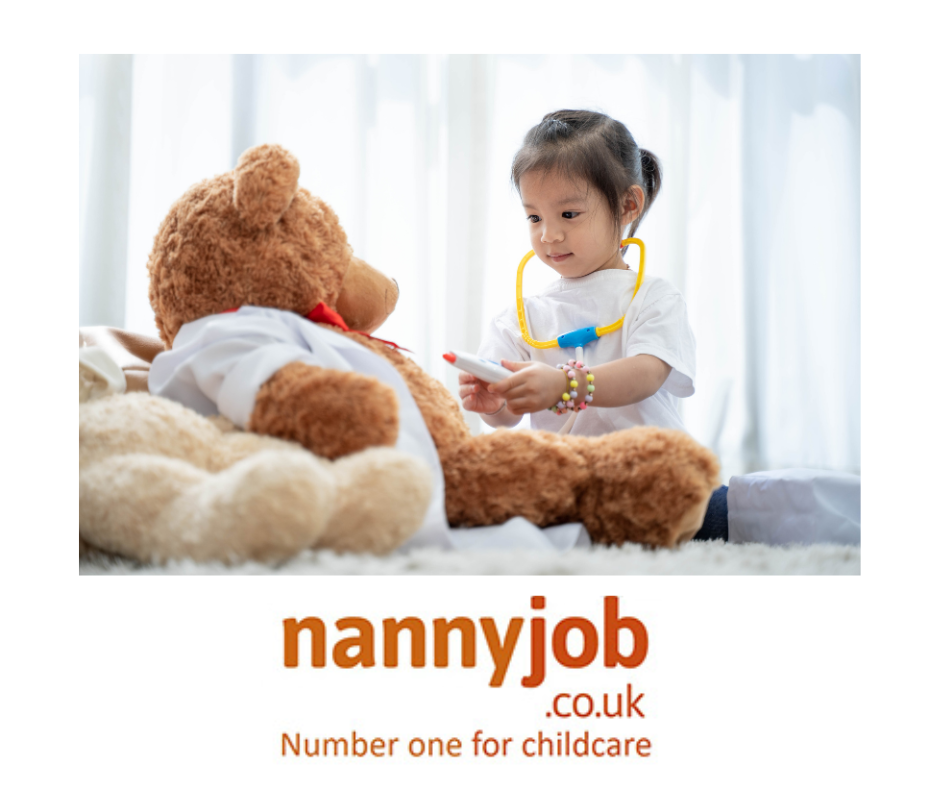Introduction
From the very first coos and babbles to the formation of full sentences, the development of speech and language skills in babies and young children is a critical aspect of their overall growth. These skills are not only vital for communication but also lay the foundation for reading, writing, and social interaction. In this blog post, we will explore why speech and language development is so crucial, the key stages of this development, and how parents and caregivers can support it.
The Role of Speech and Language Development
Speech and language development is about more than just learning to speak. It involves the ability to understand others, express thoughts, problem-solve, form relationships, and gain knowledge about the world. Early language skills are predictive of later academic success and are closely linked to reading and educational achievement.
Key Stages of Development
- Early Infancy (0-6 months): Babies start to respond to voices and sounds in their environment. They begin to coo and make sounds that are the building blocks of later speech.
- Late Infancy (6-12 months): Infants begin to babble, stringing together sounds like “ba-ba” or “da-da.” They start to recognise names and simple commands and may use gestures like pointing to communicate.
- Toddlerhood (1-3 years): This is a rapid period of language acquisition. Toddlers start forming words and simple sentences, improving their vocabulary dramatically. They also begin to understand and follow more complex instructions.
- Early Childhood (3-5 years): Children refine their speech to be more clear and begin using more complex sentences. They develop narrative skills and start to understand abstract concepts and multiple-step instructions.
Supporting Speech and Language Development
- Talk Often: From birth, talk to your child about what you are doing, what they are looking at, or events that are happening. This exposes them to language in context and builds understanding.
- Read Regularly: Reading with your child is one of the most powerful ways to boost their language development. It introduces them to new vocabulary, different sentence structures, and storytelling skills.
- Listen and Respond: Engage with your child’s attempts to speak which reinforces their effort and encourages them. Even if their words aren’t clear, showing interest helps them learn the importance of communication.
- Play Interactive Games: Simple games like peek-a-boo, singing songs, or nursery rhymes encourage speech and language skills while also being fun and engaging.
- Create a Rich Language Environment: Surround your child with a rich language environment where they hear and engage in conversations, stories, and songs.
- Explore Developmental Video Series: A resource like READY STEADY GO! can be a valuable tool for supporting early language development. This engaging video series is designed specifically for babies and toddlers, offering fun and interactive content that helps build essential communication skills in a playful and entertaining way. With colourful visuals, engaging activities, and age-appropriate content, READY STEADY GO! provides an enriching learning experience that encourages little ones to explore, communicate, and grow.
Conclusion
The journey of learning to communicate through speech and language is one of the most important that children will undertake in their early years. By understanding the stages of language development and actively supporting this growth, parents and caregivers can provide children with the tools they need to succeed in every area of life. Engaging early and often with your child’s verbal and non-verbal communication fosters not just linguistic skills but also a lifelong love of learning. With the support of tools like READY STEADY GO!, this journey can be both effective and enjoyable.
For more information on READY STEADY GO! go to Ready Steady Go – YouTube


